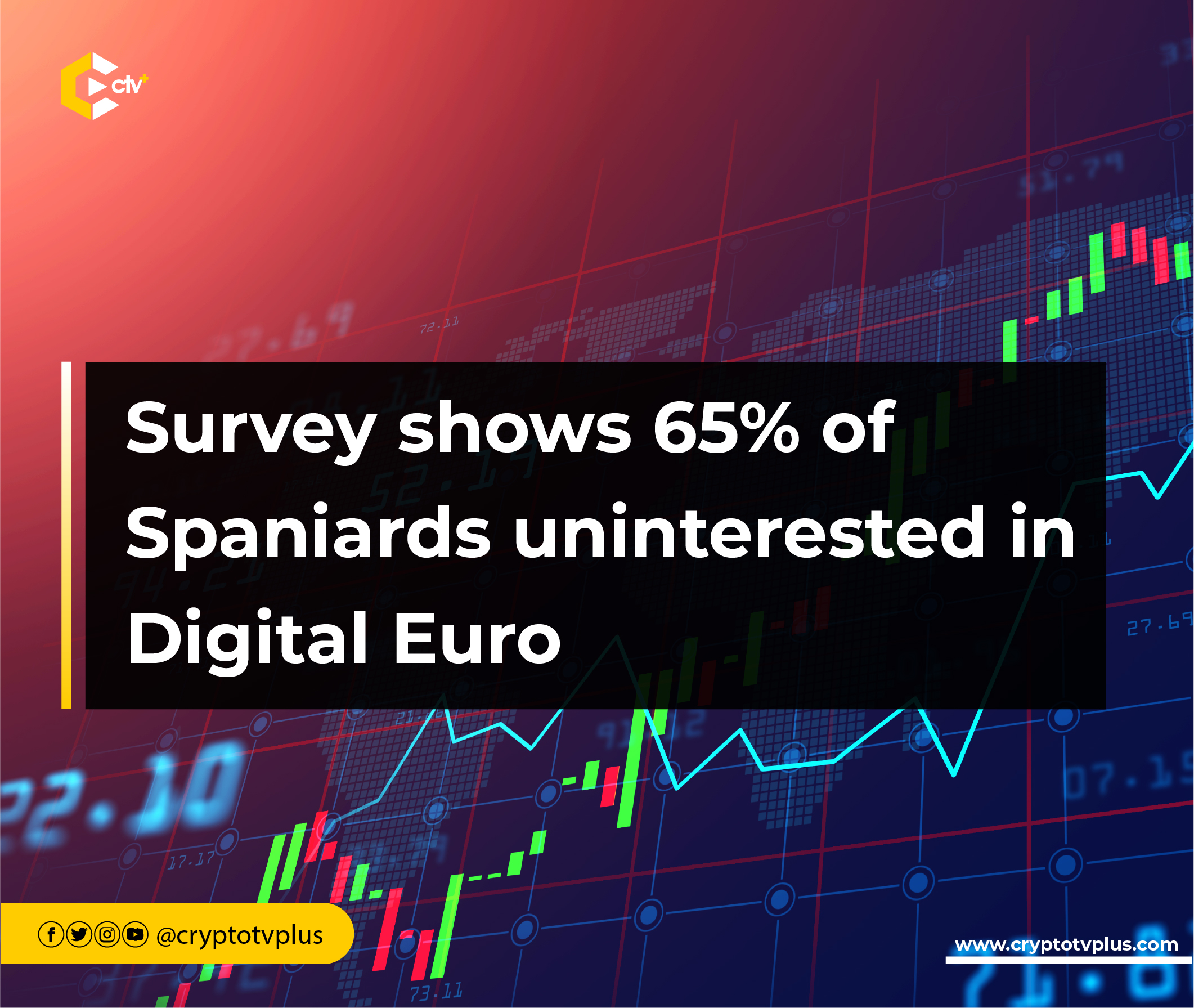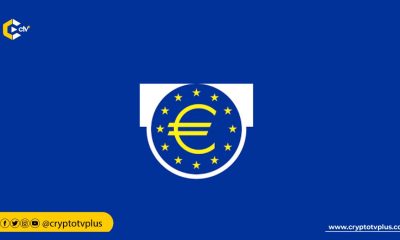News
Survey shows 65% of Spaniards uninterested in Digital Euro

Spaniards do not have significant interest in the digital euro according to a new survey which was conducted by the Bank of Spain. The survey showed that the people of spain have less confidence in the European Central Bank’s digital currency project than the government does.
While the Bank of Spain has expressed support for the potential adoption of a digital euro, the country’s population seems less enthusiastic about the European Central Bank’s digital currency initiative.
According to the survey titled “Study on the habits in use of cash,” the Spanish population appears to be less enthusiastic about the European Central Bank’s digital currency initiative than the Bank of Spain is.
Market research company IPSOS conducted the survey, which consisted of two groups of 1,600 respondents: members of the general public and representatives of small businesses.
The survey also included questions about the digital euro, a proposed CBDC for the European Union.
According to the survey, only 20% of the general public was aware of the concept of a “digital euro” in 2022, a number similar to the 23% among small businesspeople.
In 2023, only 20% of respondents expressed their intention to use a digital euro alongside their regular payment methods, while 65% stated that they would not. The previous year showed more positive numbers, with only 58% indicating their disinterest in using the digital euro. Among all age groups, those aged 18 to 24 demonstrated the highest level of interest, with 36% expressing their willingness to adopt it.
The percentage of individuals willing to use a digital euro decreased with age. It went from 31% among 25 to 34 year-olds, to 24% among 35 to 44 year-olds, 18% among 55- to 64-year-olds, and 7% among those aged 65 or older. In October, the Bank of Spain released an informational document discussingþ the characteristics and potential applications of the digital euro.
The bank stated that the physical cash format “does not allow to exploit all the advantages offered by the growing digitalization of the economy and society.”
However, despite the limitations of physical cash, the digital euro is expected to be an important component of the financial system for electronic payments.
Spain recently reaffirmed its commitment to the EU’s efforts to regulate the digital economy by announcing that it will implement the MiCA framework six months ahead of schedule.
Read also: The need for interoperability across multiple bank chains: experts share insights






















